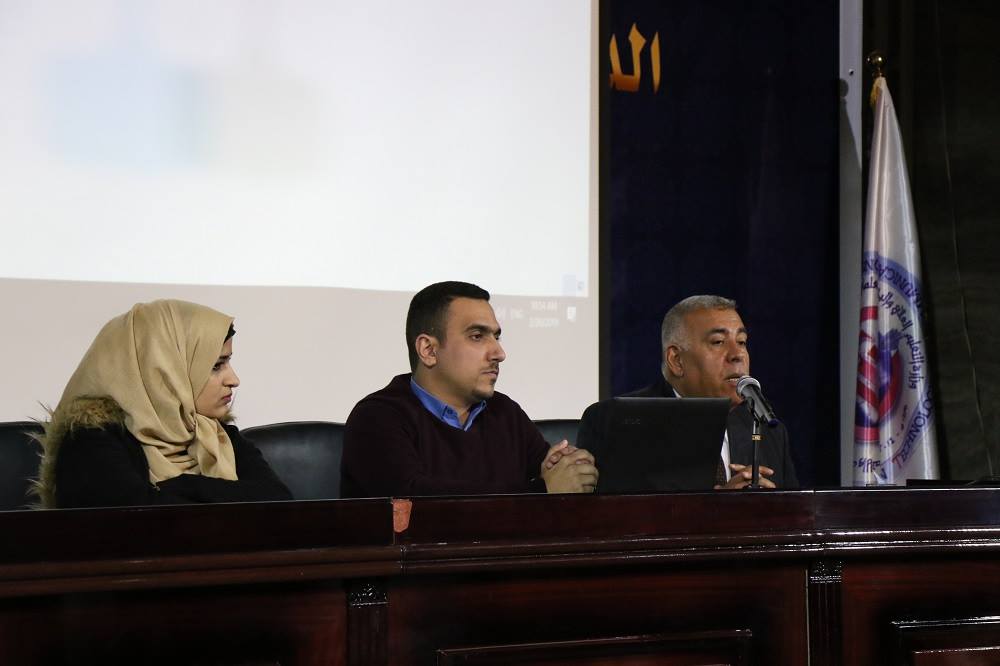Quality Assurance Department Holds a Workshop on National Institutional Accreditation Standards for Higher Education Institutions
The Quality Assurance and University Performance Department at the UOITC held a workshop on “National Institutional Accreditation Standards for Higher Education Institutions in Iraq”.
This event comes within the plan of seminars and workshops program at the university to explain these standards prepared by the supervision and scientific evaluation department and clarifying them for all university divisions to prepare the necessary priorities for this important project.
The workshop was introduced by the head of the quality assurance department, Lect. Jamal A. Othman and the head of the quality division, Asst. Lect. Qusay Shehab. The workshop included explaining the specific criteria and weights, including the criterion of the strategy of educational institution (7%), the governance and management standard (18%), the criteria of financial and material resources (10%), The fourth criterion for the faculty staff (10%), the fifth criterion for the students (12%), the sixth on the scientific research (24%), the seventh on the community service (4%) and the eighth on the curriculum (15%).
The workshop also included presenting the forms and tables after distributing their points on the university’s departments. The workshop resulted several recommendations related to encouraging on scientific research because of its impact in standards for increasing the university’s chances in entering in the international classifications. Among these recommendations was the establishment of a unit under the name of “Scientific Research and Patents Unit” at the university,and also the adoption of university leadership for all that would encourage scientific research in the university departments through an annual honoring of the top 10 researchers in terms of the number of researches published in the Scopus and Clarifit containers, with urging researchers to register and display their researches in specialized sites such as:Research gate , Google scholar, Academia and Arid, and supporting them with financial support and providing laboratory requirements to the researchers.

